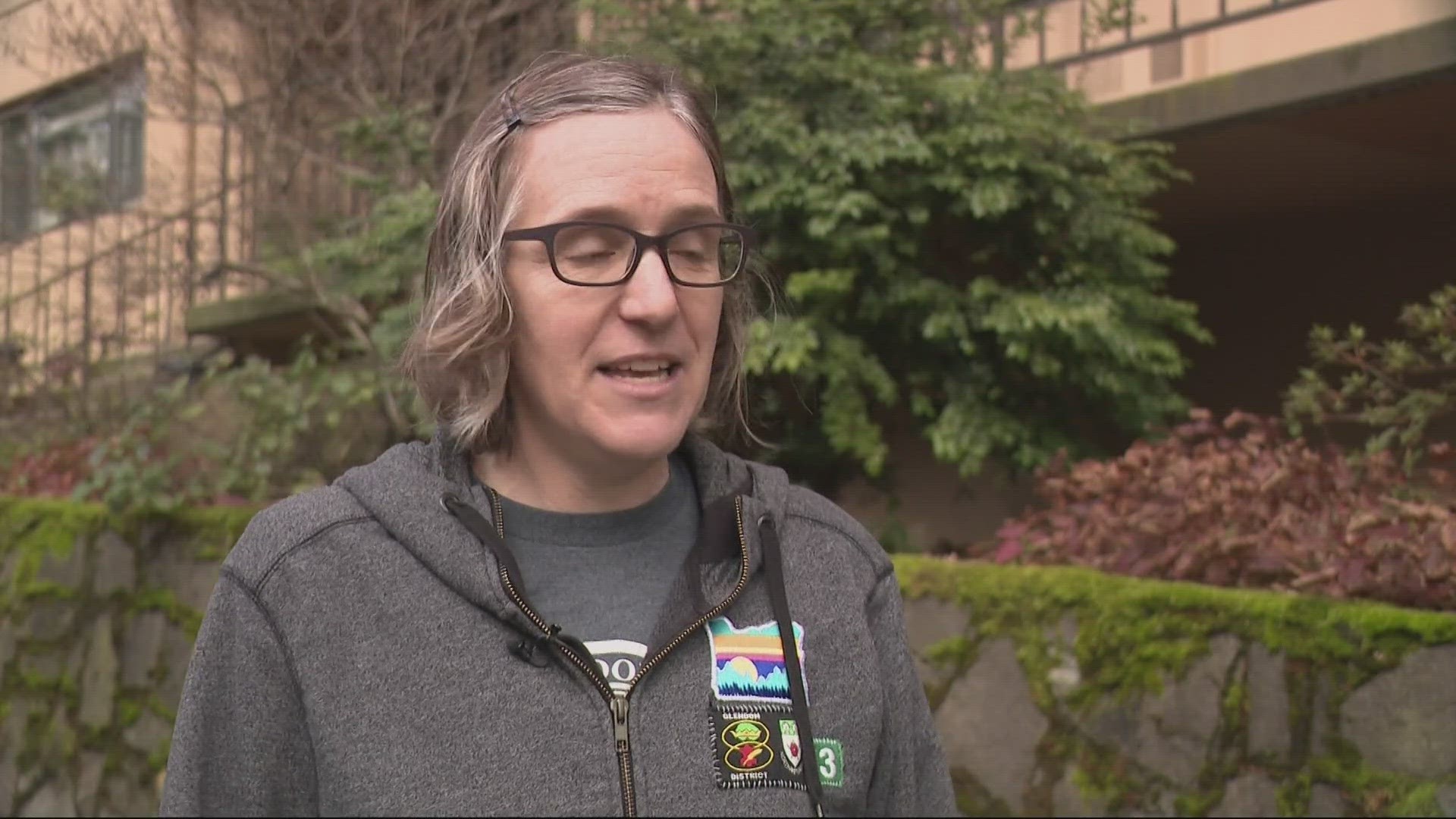PORTLAND, Ore. — In a bombshell letter obtained by KGW, Steve Lancaster, the former bargaining chair for the Portland Association of Teachers, claims union leadership made missteps in recent contract negotiations.
Bargaining between the PAT and Portland Public Schools lasted for months and culminated in a near month-long teacher strike.
In the letter, which was sent to PAT members, Lancaster said the teachers union should’ve narrowed its focus during negotiations with Portland Public Schools. Instead, the union did not compromise for months.
In return, Lancaster writes that the district dug in its heels, sticking with its proposals as well.
As bargaining dragged on, students missed 11 days of school. The gridlock disrupted the lives of thousands of families.
"It's just so upsetting," said Kara Colley, a Portland Public Schools parent.
In the report, Lancaster said some issues the union faced could’ve been avoided if they had been more realistic in their bargaining demands.
After negotiations had persisted for nine months, Lancaster wrote that PAT’s unwillingness to compromise made it difficult for district negotiators to determine what was most important to teachers.
At one point, Lancaster said, a member of PPS’ bargaining team reported that they were "having a difficult time determining PAT’s priorities.”
"It kind of seemed like it really just devolved," Colley said of negotiations.
Another big hold-up between the two sides was a disagreement about how much money Portland Public could truly offer teachers. During the strike, district leaders said they couldn’t afford a PAT proposal that would increase the district's budget by around $250 million.
"I've been saying this from the beginning, you know,” Superintendent Guadalupe Guerrero said. “Compensation, class size ... you have to manage those two dials or you could put your school district in insolvency, we don't want to do that."
For weeks, teachers disagreed with the district's budget projections, and claimed that PPS had more funds than they claimed.
Eventually, Governor Tina Kotek included the state’s chief financial officer in mediation sessions to clarify how much money was available to be bargained over.
In his letter, Lancaster said union president Angela Bonilla "misestimated" available funds. KGW reached out to Bonilla for an interview, but she was unavailable.
As the strike stretched on for weeks, some parents thought the union was being unreasonable.
"It kind of felt like this impossible situation,” Colley said. "And I remember thinking during the strike, 'How does this end?' Like, if they're asking for more than PPS has, how does this end?"
“It was tiring to watch all that, to come to basically very little outcome,” said Jennifer Hornick, another PPS parent.
In November, as the strike raged on, both sides began to argue that schools needed more state funding. In his letter, Lancaster said that argument would have been more impactful if teachers had threatened to strike in February, during the legislative session.
Lancaster added that it would also have given teachers more time to leverage a deal after an October strike authorization.
Instead, the Nov, 1 strike created sudden panic for thousands of families.
"It was beyond frustrating,” Colley said. “Like it's appalling, upsetting. You know, horrible."
Lancaster claimed that some decisions were made unilaterally by Bonilla, without input from the bargaining team.
He said that Bonilla changed a class size proposal before presenting the edited proposal less than 45 minutes after the change to Portland Public Schools. Lancaster claims the new proposal was "riddled with errors."

